The 5 Sneaky Nutrient Deficiencies Every New Vegan Faces (And How to Beat Them Without Supplements)
🍃What No One Tells You🍃…
Up to 92% of vegans are deficient in at least one critical nutrient—most don’t even know it until the symptoms show up.
And by then, the damage may already be done.
Tired? Foggy? Bloated?
You might think that’s “just part of going vegan.”
But research shows most new vegans are walking around with low levels of 3–5 essential nutrients—and it’s quietly messing with your energy, hormones, and brain.
🍃Why Doing It Right Matters🍃…
The truth is: going vegan can be one of the best decisions you ever make for your health…
But only if you do it right.
And doing it right?
It’s not just about salads and tofu.
It’s about strategy. And nutritional science.
🍃Avoiding the Pitfalls:🍃
As a plant-based dietitian, I’ve seen the patterns. And the pitfalls. And I’m here to help you avoid both.
Most new vegans don’t fail because they’re doing it wrong.
They fail because no one ever taught them how to do it right.
Vegan nutrition isn’t part of most mainstream education. Doctors aren’t trained in it. Diet books rarely get it right. And when you chose this path, all you wanted was to do the right thing—for your health, the animals, the planet.
But being good at heart shouldn’t come at the cost of feeling like hell.
You shouldn’t have to pick between your ethics and your energy.
These deficiencies don’t show up overnight.
They creep in. Quietly.
One skipped source of iron here. One low-B12 week there.
Until suddenly, you’re tired all the time. Your focus is gone. Your skin’s off. Your cycle shifts. Your immune system taps out.
But it doesn’t have to be that way.
The solution? It’s not some 15-supplement haul or expensive powders.
It’s smart strategy, food-first fixes, and consistency—even on a busy, broke, or brand-new vegan lifestyle.
So here it is: the 5 most common (and sneaky) nutrient deficiencies most new vegans face—
What they do for your body.
Where to get them.
And how to make sure your plate has your back.
1. Vitamin B12 – The Energy Nutrient No One Warned You About
Vitamin B12, also known as cobalamin, is essential for healthy nerve function, DNA synthesis, and the production of red blood cells.
It plays a central role in keeping your brain sharp, your mood stable, and your energy levels consistent.
Without it, the nervous system can break down silently—and the damage isn’t always reversible.
Signs You Might Be Running Low
You might not notice it at first.
But over time, B12 deficiency can look like:
- Constant tiredness—even after a full night’s sleep
- Brain fog or forgetfulness
- Feeling “off” emotionally (irritable, anxious, or low mood)
- Tingling or numbness in your hands and feet
- Weakness, dizziness, or shortness of breath

Most vegans chalk these up to the stress of constantly fighting against an unjust world—
or the emotional exhaustion of people refusing to see the blaring truth of animal abuse.
But my dear vegan, you need energy to fight for the voiceless, right?
Here’s the truth:
There are no reliable, naturally occurring plant-based sources of Vitamin B12.
That’s because B12 is made by bacteria—not by animals or plants.
Animals just accumulate it from their diet or environment (and sometimes, through supplements they’re given).
So what are your options?
You can get B12 through fortified foods like:
- Nutritional yeast (check the label)
- Fortified plant milks (soy, almond, oat)
- Fortified breakfast cereals
- Fortified tofu or meat alternatives
But here’s my professional advice?
Don’t play roulette with this one.
B12 deficiency can cause irreversible nerve damage, memory loss, and long-term brain fog—and the symptoms often creep in silently.
Even if you’re eating fortified foods, it can be hard to meet your daily needs consistently.
So I strongly recommend adding a reliable B12 supplement to your routine.
It’s cheap, easy, and non-negotiable for thriving on a vegan diet.
You’re not failing by supplementing.
You’re protecting your energy—and your ethics—for the long haul.
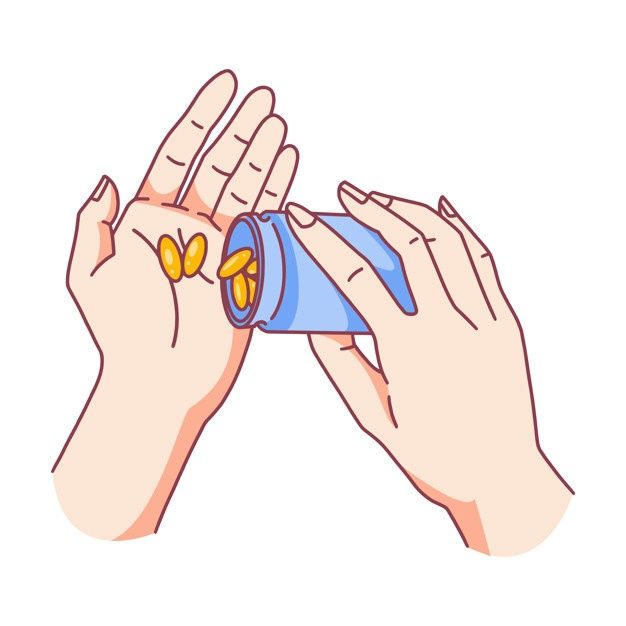
No more confusion, no more risks.
Download the Ultimate Vegan B12 Guide — your free shortcut to clarity, confidence, and the best supplement picks.
2. Vitamin D – The Sunshine Hormone You Can’t Ignore
Vitamin D is not just a vitamin—it’s a prohormone essential for the regulation of calcium and phosphorus in your body.
It plays a pivotal role in bone health, immune function, and muscle strength, as well as the modulation of your mood and mental health.
Without enough of it, you’re more likely to experience low energy, weak bones, and a vulnerable immune system.
And no, being in a sunny country doesn’t guarantee you’re getting enough.

Signs You Might Be Low
• You feel tired, even when you sleep well
• You get sick often
• Your mood dips—especially in colder months
• Your bones or joints feel achy or weak, Muscle Weakness, Thinning Hair, Cramps or Tender Bones
Most vegans chalk it up to burnout or seasonal blues,
but this might be your body waving a white flag for help.
Where to Get It—Without Pills
There are no natural plant-based foods high in vitamin D.
But you do have solid options:
• Fortified plant milks (check for D2 or D3)
• Fortified cereals and orange juice
• UV-exposed mushrooms (yep, mushrooms that were “sunbathed”—check the label)

And your most underrated source?
The actual sun.
Just 10–20 minutes of direct sun exposure on your face, arms, and legs (without sunscreen) 3–5x a week can help your skin produce vitamin D naturally.
🟡 The darker your skin tone, the more sun you may need.
🟡 Morning (around 8:00 AM to 10:00 AM) or late afternoon (after 4:00 PM) is safest—avoid burning.
3. Iron – The Oxygen Carrier That Keeps You Going
Iron is essential for producing hemoglobin—the protein in your red blood cells that carries oxygen throughout your body.
It supports energy production, mental clarity, and a strong immune system.
Without enough iron, your cells literally can’t breathe.
And here’s what most don’t know:
Plant-based iron (non-heme) isn’t absorbed as easily as the iron in animal foods (heme).
But that doesn’t mean you can’t thrive on a vegan diet—it just means you need to be strategic.
Signs You Might Be Running Low
You may be dealing with iron deficiency if you experience:
• Fatigue that hits like a wall – not just tired, but completely drained.
• Pale skin or dark under-eye circles – classic signs of low hemoglobin.
• Shortness of breath or dizziness – especially after climbing stairs or walking.
• Cold hands and feet – a circulation red flag.
• Headaches and difficulty focusing – your brain isn’t getting enough oxygen.
• Restless legs or insomnia – especially at night.
These aren’t just “normal adult exhaustion.”
They’re your body begging for iron.
Food-First Fixes
Here’s how to boost iron naturally—no pills, just powerful plant foods:
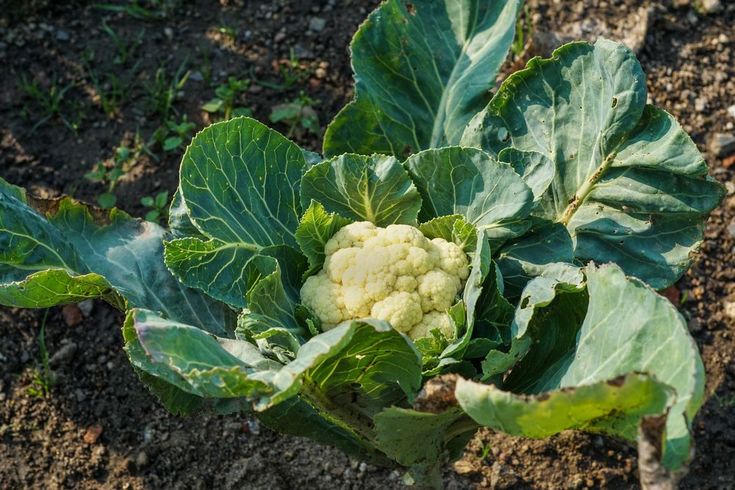
Top Iron-Rich Vegan Foods:
• Amaranth tristis, cauliflower greens, turmeric, pippali, omum (ajwain), coconut meal (deoiled), niger seeds, rice flakes, Lentils, chickpeas, and beans
• Tofu and tempeh
• Pumpkin seeds, sunflower seeds, and sesame seeds
• Quinoa and fortified cereals
• Cooked spinach, kale, and beet greens
• Dried fruits like apricots and raisins
• Blackstrap molasses
Now here’s the trick:
Iron from plants is best absorbed with Vitamin C.
So always pair your iron sources with things like:
Bell peppers, Citrus fruits, Strawberries, Tomatoes or tomato paste etc.,
Skip the tea/coffee during meals—they block iron absorption.
💡 The truth meat marketing won’t tell you: Iron overload is real.
Meat-lovers flex heme iron like it’s gold—yet 100g of chicken breast? Just 0.7mg.
Now enter coconut meal (deoiled): 69.4mg of iron per 100g. That’s nearly 100x more.

Yes, heme iron absorbs faster—but it doesn’t ask for permission.
It dumps into your system whether you need it or not—raising risks of inflammation, oxidative stress, and chronic disease.
Plant iron, on the other hand? Absorbs intelligently, syncing with your body’s needs.
And we only need 16–20mg/day. The myth that plants fall short?
Dead. Buried. Compost.
No overload. No damage. Just smart, safe, powerful fuel.
4. DHA – The Brain’s Unsung Hero You Didn’t Know You Were Missing
DHA (Docosahexaenoic acid) is a long-chain omega-3 fatty acid that makes up a huge chunk of your brain’s fat structure—literally. It plays a critical role in maintaining the integrity of your neuronal membranes, retina function, and cellular communication.
Your body can convert ALA (from flax, chia, walnuts) into DHA…
…but only in teeny tiny amounts—less than 5%, often as low as 1%, especially in women past reproductive age.
This isn’t a failure of the vegan diet. It’s just biochemistry doing its thing.
Signs You Might Be Low on DHA (That No One’s Talking About):
- Light sensitivity or blurry vision (your retina loves DHA)
- Slower processing speed—like your brain’s running on dial-up
- Trouble recalling words or forming thoughts mid-sentence
- Increased distractibility or mood sensitivity
- Dry eyes or flaky eyelids
These aren’t just general “brain fog” symptoms. They’re specific red flags your body is sending up that DHA could be in short supply.
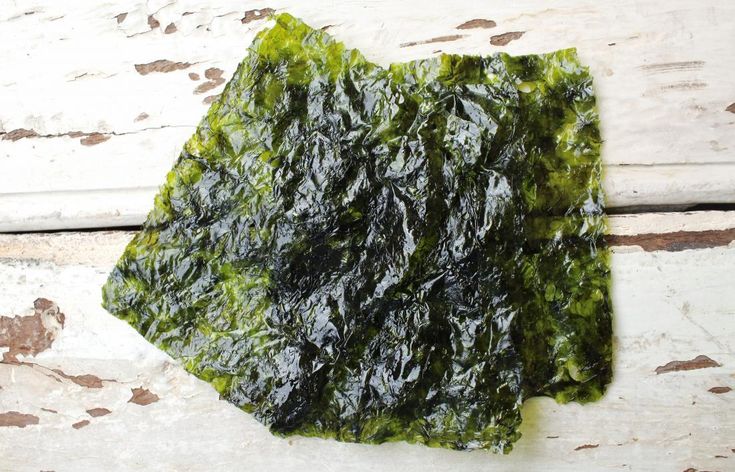
But Wait—What About Vegan Sources?
Contrary to popular belief, there are plant-based sources of DHA:
- Algae is where fish get their DHA in the first place. Why eat the middleman when you can go straight to the original source?
- Algal oil is a 100% vegan, direct source of DHA—and it’s what we recommend for reliable support. The general recommendation for DHA is around 250–500mg per day for adults.
- Seaweed (especially nori, dulse, and wakame) does contain small amounts of DHA, but you’d have to eat quite a lot to get enough. On average, 100g of seaweed provides just 20-100mg of DHA, depending on the type. This is far from the ideal daily dose. For reliable, therapeutic levels, a quality algal oil supplement is your best bet.
Need a clean vegan DHA boost?🍃🍃
These are our top algal oil picks—trusted, effective, and values-aligned: India pick | International pick
5. Vitamin K2 – The Unsung Hero of Calcium Placement
While Vitamin K1 (from leafy greens) helps with blood clotting, Vitamin K2 is the real mastermind behind calcium placement—guiding it away from your arteries and into your bones where it belongs.
Without enough K2?
Calcium can misfire—building up in soft tissues (hello, arterial plaques) instead of strengthening your skeleton.
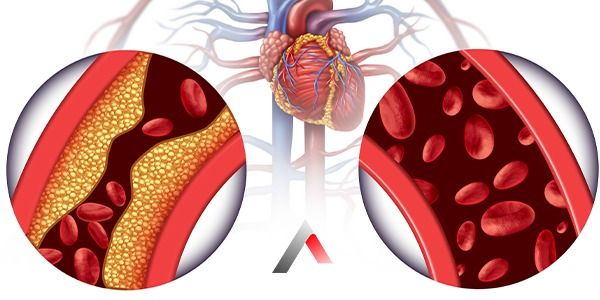
How K2 Deficiency Shows Up in the Body
Vitamin K2 deficiency doesn’t scream. It whispers through signs that are often blamed on “aging” or stress:
- Early signs of arterial stiffness or high blood pressure
- Weak or brittle bones (even if you’re calcium-loaded)
- Frequent cavities or poor dental health
- Easy bruising
- Joint pain or inflammation
But Isn’t K2 in Meat, Eggs, and Cheese?
Yes—but that doesn’t mean you need them.
K2 (especially the long-lasting MK-7 form) exists in plant-based options too—particularly fermented foods like natto (a legit K2 powerhouse), sauerkraut, kimchi, miso, tempeh, and even fermented pickles (as long as they’re unpasteurized).
Not vibing with the fermented squad? No worries. You still get a gentle lift from certain microgreens (like broccoli or kale sprouts) and shiitake mushrooms—which can be tossed into stir-fries or smoothies without a second thought.
予防のための食事とは-_-健康長寿ネット.jpg)
One Simple Daily Habit?
Add a spoonful of miso paste to your soup or salad dressing—it’s globally available, naturally rich in K2, and ridiculously easy to sneak in daily.
Smart Move?
Not big on ferments or need therapeutic support? Go for a vegan K2 (MK-7) supplement—India pick | International pick
The Bottom Line?
It’s scary to realize something’s off in your body—and you don’t know what, or why.
But you’re not broken. You’re not failing. You’re just learning to listen.
These deficiencies? They sneak in quiet, but they don’t get to stay.
Not when you’re armed with real knowledge. Not when you’ve come this far.
I’ve been there too—foggy, fatigued, questioning everything I was doing “right.”
But healing isn’t about being perfect. It’s about choosing yourself—every single day.
So don’t push this to “tomorrow.”
Buy that supplement. Fuel your fire. Let your body catch up to the soul that’s already fighting.
And never forget: animals need your voice strong, clear, and unwavering.
You’ve got this. And I’ve got you. Always.
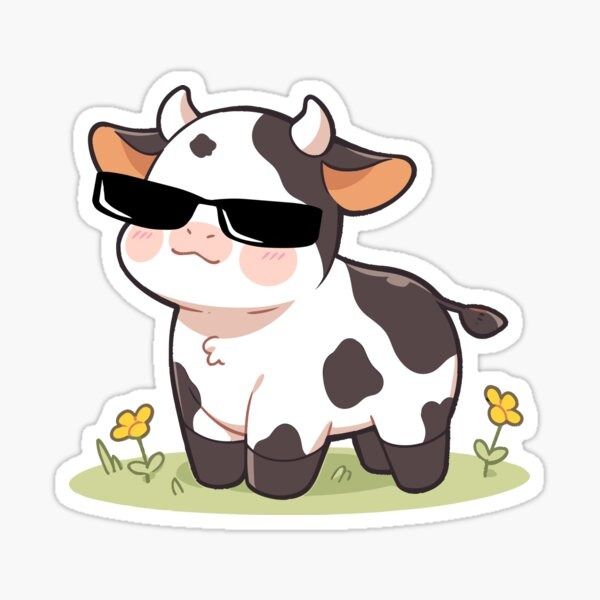
If this post gave you the insight and confidence you need to take charge of your health, don’t let it end here.
Follow @NatureHopeCo for more plant-powered, science-backed tips and resources to help you live your healthiest life.
This content is intended for informational purposes only and is not a substitute for professional medical advice. Always consult with your healthcare provider before making any changes to your diet or supplementation.
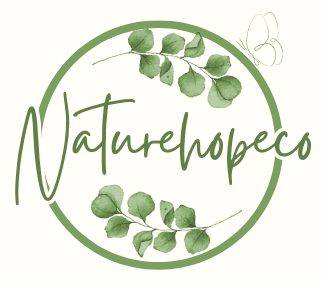
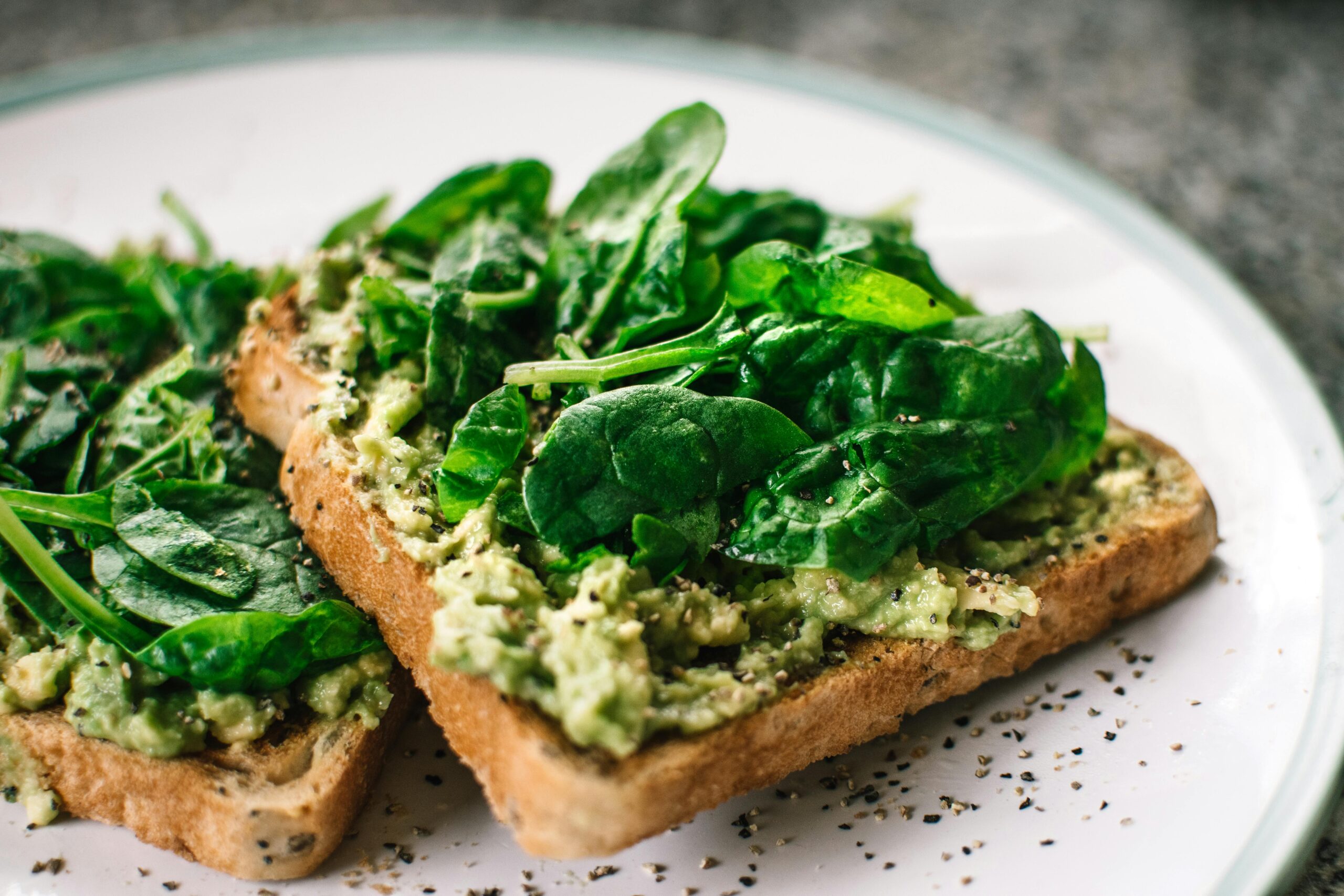
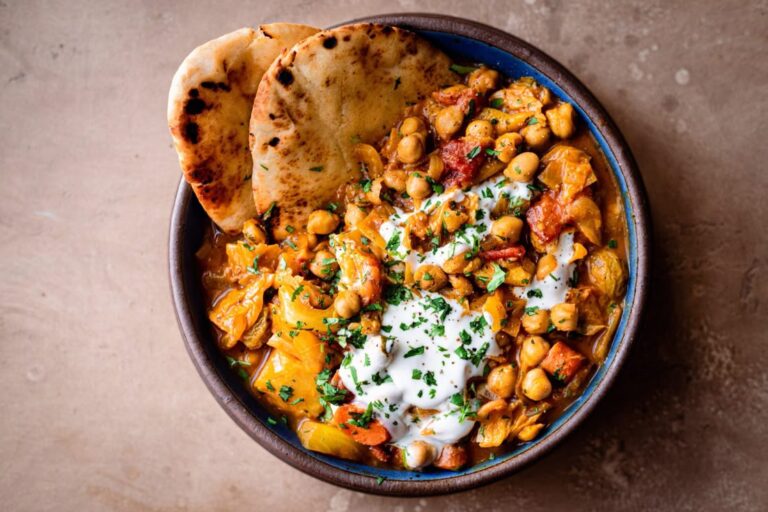
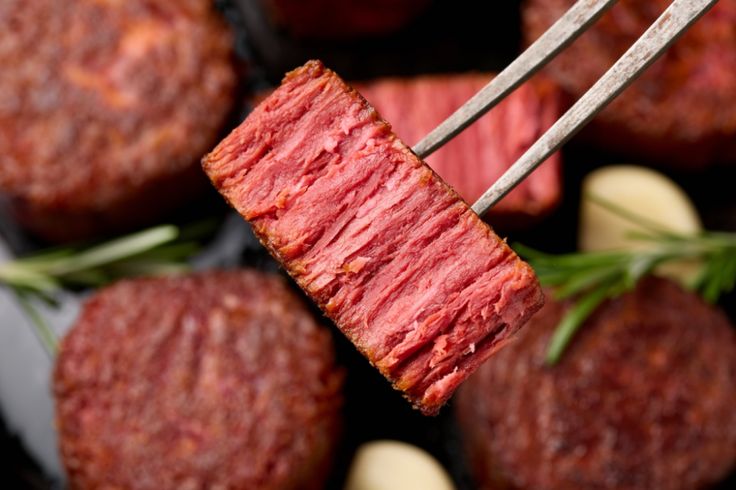
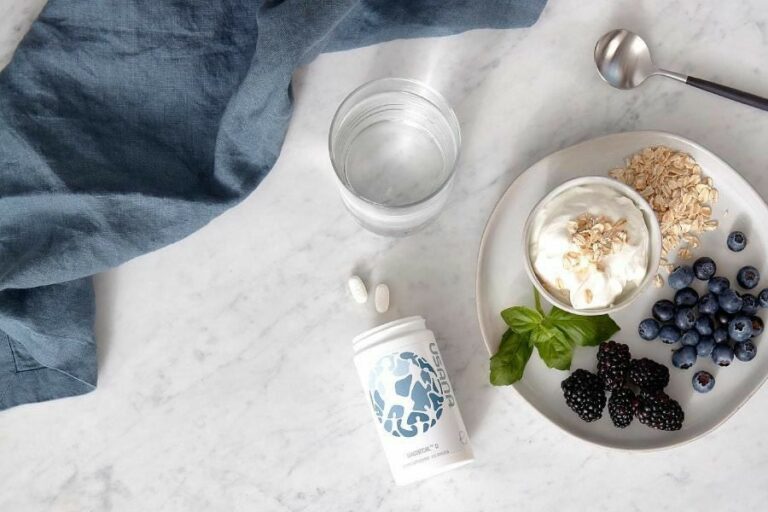
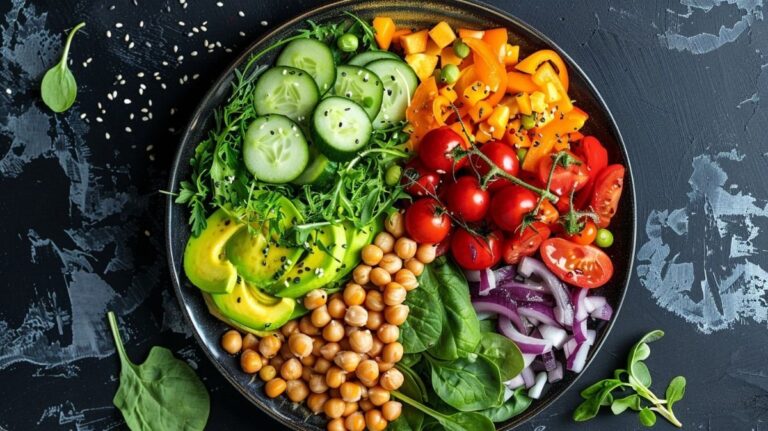

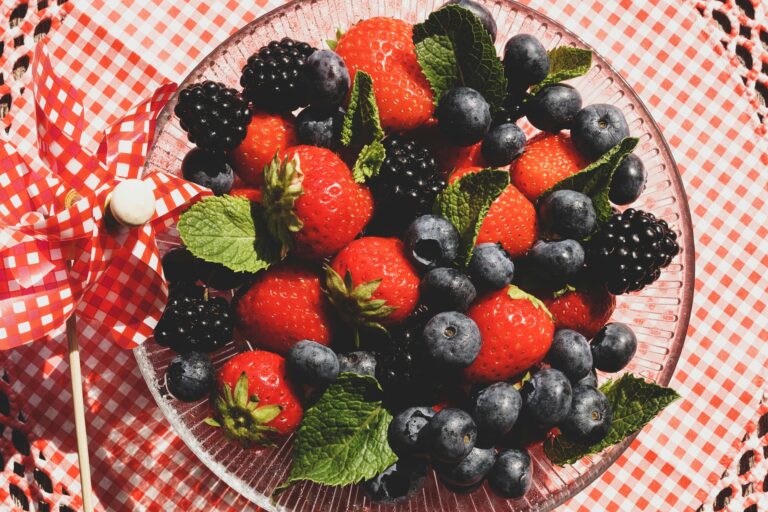
One Comment
Comments are closed.